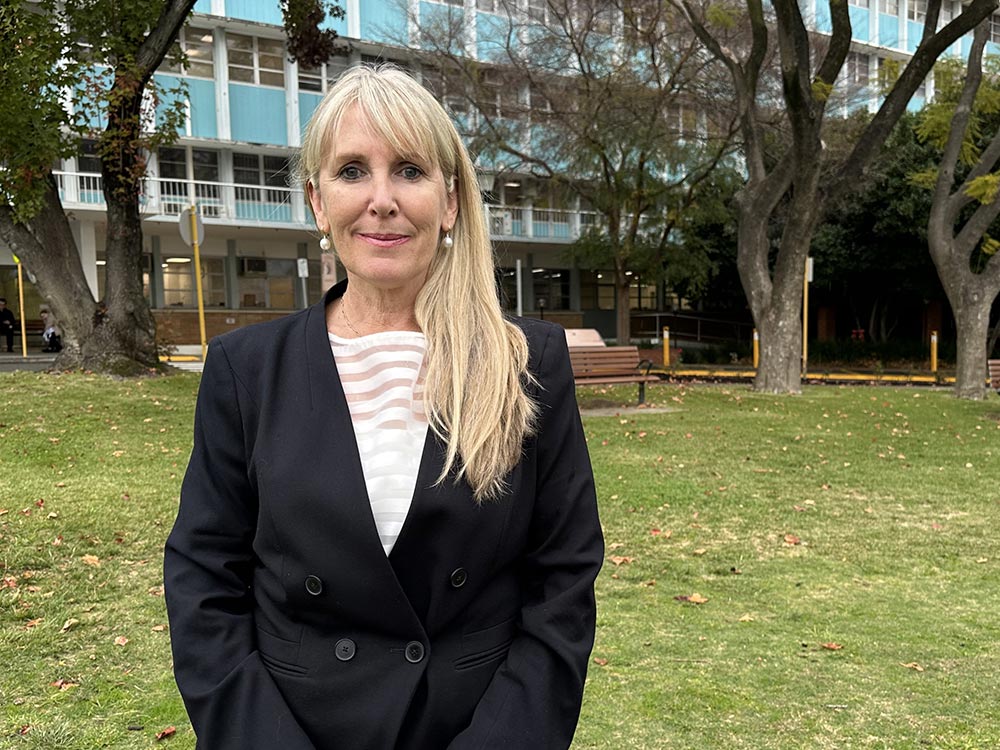PhD journey leads to creation of new Mini Neurosurgical Assessment

Congratulations to Sir Charles Gairdner Hospital (SCGH) neurosurgery nurse, Loreta Murphy, who developed a Mini Neurosurgical Assessment (MNA) Tool during her research PhD.
Loreta, SCGH's Acting Extended Hours Clinical Nurse Specialist for Neurosurgery, first started her career at the hospital 27 years ago as a neurosurgery nurse after previously working as a nurse in Victoria.
It was in Victoria in the early 90s that Loreta first commenced post graduate studies, completing a Graduate Diploma in Neurosciences.
During those studies, she considered the need for a targeted neurological assessment tool for neurosurgical patients, however her mini thesis did not progress as she started a family.
"After starting as a nurse in neurosurgery in the 90s, I noticed that no one had created one overall neurological assessment tool for neurosurgery nurses to use," she said.
Loreta said it is incumbent upon neurosurgery nurses to protect a patient’s neurological function and the neurological examination was the quintessential safety net, however a comprehensive assessment could be time consuming
"In the 90s there were two main types of neurological assessment tools where up to 60 alternative scales were reviewed," she said.
"Assessments tools are either Consciousness Scales or Stroke Scales, and the latter could take up to one and a half hours to complete."
Fast forward to 2017 and Loreta was again looking at completing further study and noticed that this was still an area worth pursuing.
Loreta decided to complete a PhD at Notre Dame University with the aim to create a universal neurosurgical assessment tool that nurses could use to quickly and efficiently assess a patient.
Completing her PhD part-time whilst working as well as a going through a pandemic was no mean feat, however after seven years her PhD journey was complete.
The final product was the development of the MNA Tool, a bedside assessment tool that has just 21 steps and takes only four minutes to complete.
"By filling it in nurses are quickly alerted if something is wrong and can then refer them to an expert," she said.
The MNA Tool has the potential to revolutionise neurological assessment for neurosurgical nurses and the next step is to pilot the tool at various hospitals to test its validity.
Currently nine hospitals across Australia and New Zealand have expressed an interest in piloting the tool.
The validity of Loreta’s work has been recognised recently as the recipient of Sharryn Byers Award - Best Neurosurgical Research Paper.
"I'm proud to have finished and I am excited about the possibilities the tool can achieve in the future," she said.

